Highlights from a FOAK Roundtable
During NREL IGF, Deanna Zhang (also contributed to this piece), Jack Fritzinger, and I organized a roundtable that brought innovators and industry leaders together to discuss the journey of bringing first-of-a-kind (FOAK) projects from concept to commercialization. This insightful event highlighted the experiences of three prominent speakers – Trevor with Syzygy Plasmonics, Walker previously with Net Power, and Will with Monolith – who shared their successes, challenges, and valuable lessons learned.
Syzygy Plasmonics: Pioneering Photocatalytic Chemical Reactions
Trevor, Cofounder and CEO of Syzygy Plasmonics (Syzygy), presented a compelling narrative on their journey to commercialize a new type of chemical reactor that uses light instead of heat for chemical reactions. This technology, developed at Rice University, aims to create green hydrogen and sustainable aviation fuel.
Key Learnings:
- Scalability: Syzygy prioritized modular cells for ease of scaling up. As such, the company was able to scale from 10mg/day to 1-10g/day to 100g/day to 1kg/day to 20kg/day to 200kg/day, and soon 2 tons/day.
- Commercialization Stages: Moving from technical demonstration to the first commercial demonstration involves meticulous planning. The upcoming project aims to run continuously, proving the technology’s commercial viability before scaling to a full-size facility.
- Cost Overruns: The initial technical demonstration plant underscored the reality that first deployments often exceed budget estimates (plan for up to 2-3x).
Net Power: Clean Energy with No Emissions
Walker, Managing Partner at Critical Point Holdings and former executive at Net Power, discussed the evolution of their clean energy technology. This technology uses a proprietary process that uses natural gas to generate electricity while capturing all emissions.
Key Learnings:
- Scalability: Net Power identified that their smallest feasible demonstration would be a 50 MW plant. This size was necessary to ensure the turbine and other components were valid for large-scale operations. Their focus is now on scaling to a 300 MW full-scale commercial plant.
- Incremental Validation: By validating the core technology at smaller scales before committing to full-scale deployment, Net Power effectively managed risks and ensured that each step was built upon proven success.
- Corporate Partnerships: Critical partnerships with companies are essential. Corporates not only provide capital but also bring technical expertise to advance technology.
Monolith: Methane Pyrolysis for Sustainable Products
Will, Director of Capital Markets at Monolith, shared Monolith’s approach to methane pyrolysis, producing carbon black and hydrogen from natural gas. This technology is designed to be scalable and modular, providing a clear path for future expansion.
Key Learnings:
- Modular Scaling: Monolith’s first commercial plant in Nebraska is a blueprint for future facilities. The modular approach—stacking multiple reactors—resonates well with investors and simplifies the scaling process.
- Market Dynamics: The clean nature of their technology appeals to industries like tire manufacturing, which are under pressure to reduce carbon footprints. This market-driven approach helps secure off-take agreements and investor interest.
- Investment Strategy: Strong project fundamentals, such as secure off-take agreements and robust EPC contracts, help attract investment and ensure project success.
Navigating Investment and Risk in FOAK Projects
A recurring theme across all presentations was the challenge of securing investment for FOAK projects. The panelists highlighted several strategies:
- De-risking: Investors need assurance that the technology is viable and can be scaled. Detailed technical validations and staged demonstrations are crucial.
- Corporate support: Engaging with strategic corporate partners early in the project can provide both financial support and technical expertise.
- Government funding: Programs like the DOE’s Loan Programs Office (LPO) can bridge the gap between traditional project finance and the unique needs of FOAK projects.
- Finding, selecting, and managing an EPC: Find an EPC that has the right expertise – some EPCs do not know how to handle engineering for new technology, and some EPCs may be good with only one part aspect of the process (ie, only engineering).
Conclusion
The discussion underscored the complexity and risk inherent in pioneering new technologies. Success requires a blend of innovative thinking, strategic partnerships, and meticulous planning. By sharing their experiences, the speakers provided valuable insights for other innovators embarking on similar journeys. As the landscape for FOAK projects continues to evolve, these lessons will be instrumental in shaping the future of sustainable technology development.

